This boardroom can double as a shelter room!
To Shelter In Place (SIP) means to separate yourself from a hostile external/outside environment. This could be for a number of reasons such as gas leaks, Hazardous Material incidents, criminal activity (active shooter or bank robberies in the area) and severe inclement weather.
Schools and governmental bodies have been making and exercising shelter in place plans for many years, and now many other types of organizations are seeing the need to develop these plans. After assessing the best methods for sheltering in place, communication and training of staff on these plans is of great importance. Considerations such as necessary supplies need to be made along with the plan development, as well as any additional steps needed to make the SIP area safer.
World Aware can help with SIP plan development and training, as well as SIP supplies and equipment. If you decide you need additional safety, we have extensive experience in dual use Shelter In Place/Safe rooms using security concepts that are nearly undetectable and can be applied to any existing office, conference room or other space. This dual use approach negates the need for a "stand alone" SIP/Safe Room, allowing your work or living space to double as a place of safety for your staff or family. Contact World Aware to discuss how Shelter In Place planning can help you.





